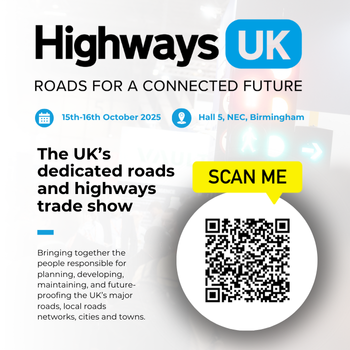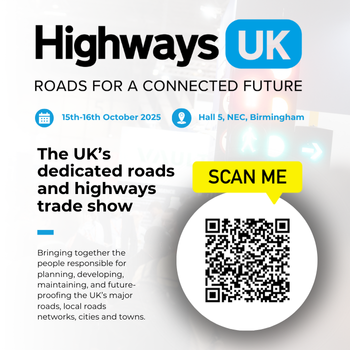A substantial number of children in the UK still do not have a computer at home, and a third of families lack access to the internet. That is a real challenge for policy makers, local authorities, our education system and UK plc, as we look to prepare our next generation as they move into the workplace or continue their learning.
In January, Becta will launch the Home Access programme across England. This ground breaking government programme will change the lives of many families and increase the number of homes with access to a computer and the internet.
Home Access will initially target children in years 3 to 9 and provide funding to over 270,000 households by March 2011. Not only will it benefit children and potentially increase attainment levels in schools, but also support the regeneration of local areas and contribute to the re-skilling of parents. We know that digital connection means social inclusion and Home Access represents a huge step forward for many children and families.
Technology is undeniably a key part of everyday life, and local authorities can play a pivotal role in championing the Home Access programme.
Pilot
Earlier this year Becta, the Government agency leading the use of technology to advance education, concluded a pilot programme in Oldham and Suffolk Local Authorities. The pilot exceeded all expectations and awarded over 12,000 grants to families – over 90% of the eligible population within the two authorities.
This resounding success puts us in a great position as we launch nationally. There is a strong demand from parents for access to a computer at home, and findings from the pilot show that children are spending more time each week using ICT for learning.
Evidence tells us that access to technology can increase attainment and contribute towards improved GCSE results. This can have a major impact on future career prospects.
But it is not just in the classroom where there are benefits. The pilot also revealed increased engagement by parents and carers using ICT access at home to support their own learning and employability. An educated workforce is more loyal and productive, and is of benefit to a region. Now all eyes are on January when this programme rolls out nationally.
How it works
Once live, families who meet the eligibility criteria, such as receiving free school meals or certain other benefits, will be able to apply for a grant to purchase a Home Access package. Our appointed Grant Administration Service Provider (Capita) are taking care of assessing applications and issuing grants. Becta has also approved a range of suppliers where grants (in the form of a restricted use Barclaycard) can be redeemed at participating outlets.
The Home Access package itself is unique and available to any family, not just grant recipients, to buy from approved suppliers either online, over the phone or in local stores. With one year’s service and support, pre-set parental controls, anti-virus, and a suite of assistive technology software as standard; the Home Access package benefits the whole family.
The package has been developed to make it as easy as possible for families to get online and realise the benefits that technology can bring. Using technology is essential for many jobs and we have seen a number of instances where ICT has helped parents with their learning and secure employment.
We want local authorities to champion the programme. It can help up-skill parents and address unemployment in your area.
Looking forward to 2010
It is an incredibly exciting time as we count down the days until launch. Through this programme, we will support children and their families to ensure they receive the educational and social benefits that technology can bring.
Further information about the Home Access programme can be found at www.becta.org.uk/homeaccess








Recent Comments